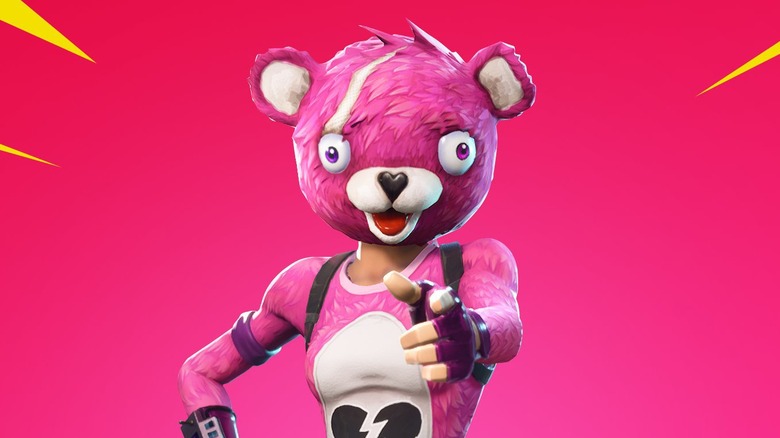Fortnite Likened To Cocaine Use In Proposed Lawsuit
A Montreal legal firm has requested authorization to initiate a class-action lawsuit against Fortnite creator Epic Games, asserting that the developer made the battle royale title as "addictive as possible."
Calex Légal filed the legal notice on behalf of the parents of two minors—aged 10 and 15—claiming that the game has similar effects to cocaine. Playing the game allegedly releases the chemical dopamine, which vulnerable young brains can grow dependent on. The parents contacted the firm, expressing that they felt Epic Games should be held responsible for producing such an addictive product.
"In our case, the two parents that came forward and told, 'If we knew it was so addictive it would ruin our child's life, we would never have let them start playing Fortnite or we would have monitored it a lot more closely,'" said Alessandra Esposito Chartrand, an attorney with Calex Légal, noting the existence of worldwide treatment centers helping so-called Fortnite addicts quit playing the game.
Chartrand went on to compare the situation to a 2015 court ruling that determined tobacco companies had chosen profits over the health of their customers. Following an appeal, the court upheld the ruling, awarding billions of dollars in damages to 100,000 people and supporting the assertion that the companies had failed to warn their customers about the dangers of smoking. According to Chartrand, both cases share the same legal basis.
"Epic Games, when they created Fortnite, for years and years, hired psychologists — they really dug into the human brain and they really made the effort to make it as addictive as possible," claimed the attorney. "They knowingly put on the market a very, very addictive game which was also geared toward youth."
Like with the cigarette industry, the basis of the suit asserts that companies have a responsibility to warn their customers of the risk when selling such a dangerously addictive product. In this case, Chartrand believes that Epic Games' failure to disclose the addictive qualities of Fortnite, a game that targets minors, means they should pay up.
Whether this argument holds any teeth remains to be seen. The World Health Organization declared compulsive video gaming an addictive behavior disorder back in 2018; however, no more than 3% of gamers would be considered to have the mental health condition. Should the Montreal lawsuit move forward, its outcome could set a precedent on how certain video games are advertised.

